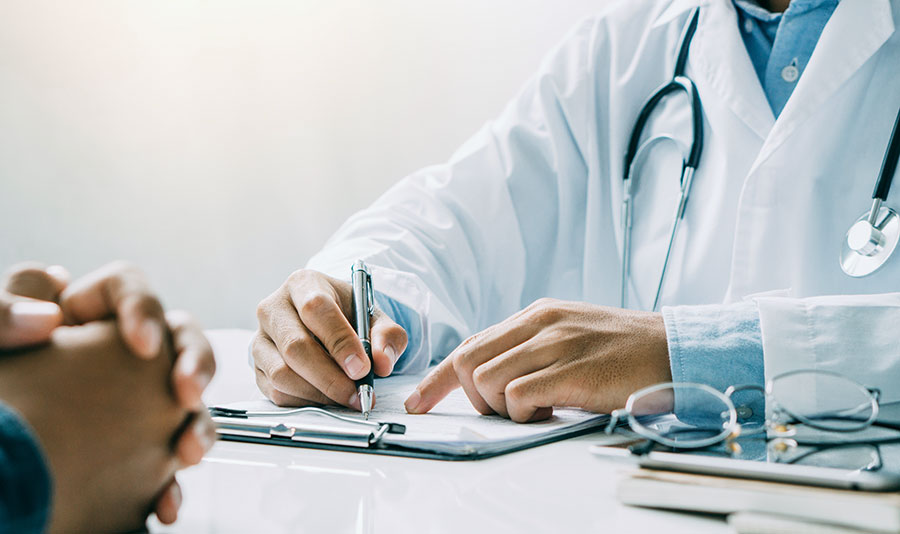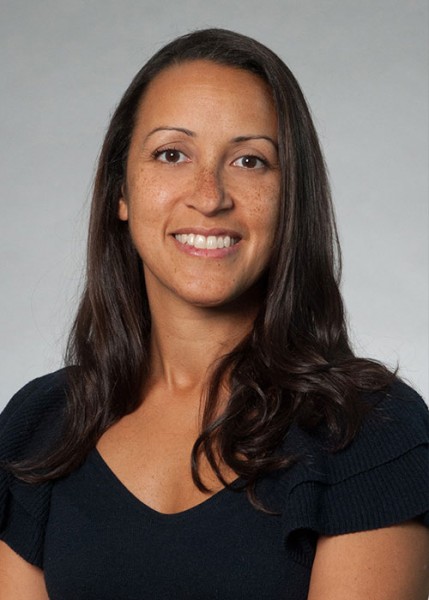Cardio-Oncology Frequently Asked Questions

1. What is Cardio-Oncology?
Cardio-oncology is a specialized field of medicine that focuses on protecting your heart while you undergo cancer treatment. Some chemotherapy, targeted drugs, and radiation can affect the heart. Our team works with your oncologist to prevent, detect, and treat heart problems so you can complete your cancer therapy safely.
2. Why do I need to see a Cardio-Oncologist?
Not everyone needs a cardio-oncologist, but you may benefit if:
- You have existing heart disease or risk factors (such as high blood pressure, diabetes, or family history).
- You are starting a cancer treatment known to affect the heart.
- You experience new heart symptoms during or after treatment (shortness of breath, chest pain, palpitations, swelling).
3. Will seeing a Cardio-Oncologist delay my cancer treatment?
No. Our goal is to work alongside your oncology team so that heart monitoring and treatment happen in parallel with your cancer therapy. In fact, by protecting your heart, we often make it easier for you to stay on schedule with cancer treatment.
4. What can I expect during my first appointment?
At your first visit, we will:
- Review your cancer diagnosis and treatment plan.
- Ask about your medical history and any heart risk factors.
- Perform a physical exam and may order baseline heart tests such as an echocardiogram, EKG, or blood work.
- Create a personalized plan to monitor and protect your heart throughout your treatment.
5. What types of heart problems can happen with cancer therapy?
Possible side effects depend on the type of therapy, but may include:
- Heart failure (weakened pumping function)
- Arrhythmias (irregular heartbeat)
- High blood pressure
- Blood clots or vascular issues
- Coronary artery disease (especially after chest radiation)
6. What if I already have a heart condition?
That’s exactly when cardio-oncology is most important. Patients with prior heart disease can still receive cancer treatment — we simply take extra steps to monitor your heart and adjust medications when needed.
7. Will my insurance cover cardio-oncology care?
In most cases, yes. Cardio-oncology visits and heart tests are billed just like standard cardiology services. Coverage depends on your individual plan, and our team can help verify your benefits.
8. How often will I need to see the Cardio-Oncology team?
It depends on your treatment plan. Some patients are seen before starting therapy and then checked every few months; others may need closer monitoring during treatment. Cancer survivors may continue long-term follow-up for heart health.
9. What happens after I finish cancer treatment?
We continue to monitor your heart health, especially if you received therapies known to cause late side effects. Many cancer survivors remain at higher risk for heart problems years later, so follow-up care is important.
10. How do I schedule an appointment?
You can schedule a cardio-oncology consultation by:
- Calling our office at 732-663-0300
- Requesting a referral from your oncologist or primary care doctor
- Using the CONTACT US feature on the website to request an appointment online
✨ Our goal is simple: to see you safely and effectively through your cancer journey. Together we will keep your heart healthy, today and for years to come.


